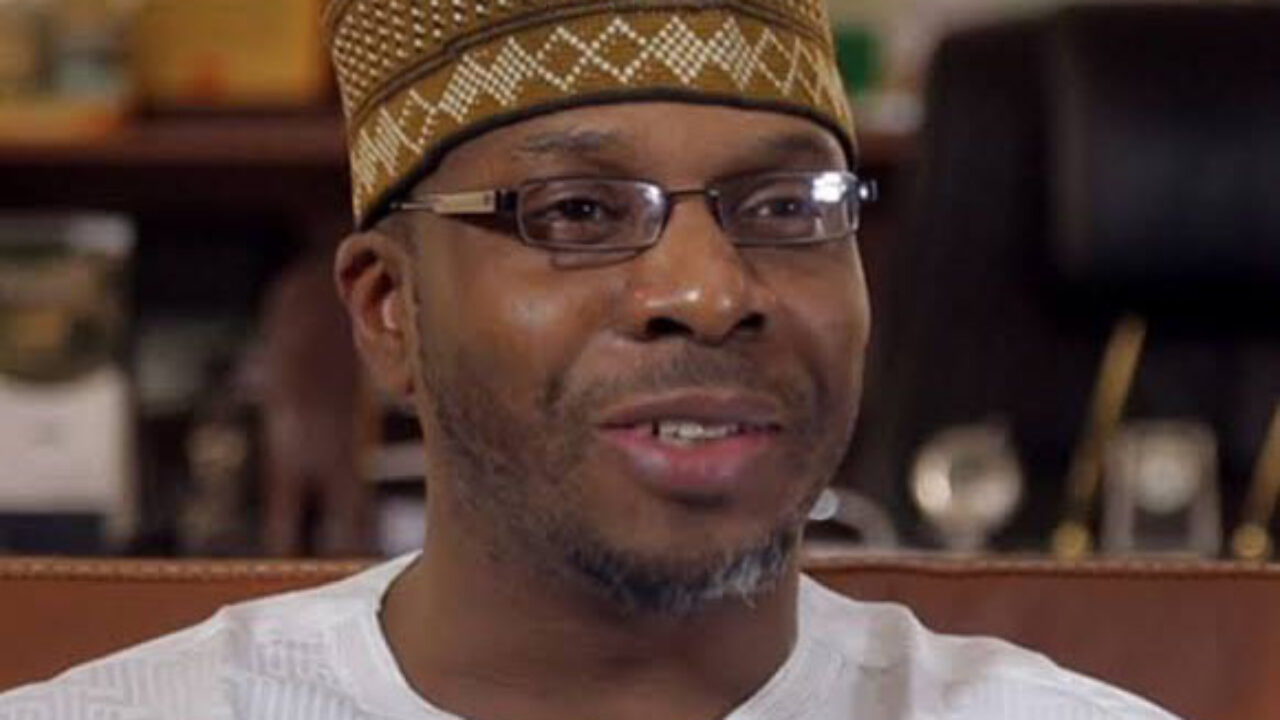Business
Unemployment Rate: Ex-NBS boss criticises evaluation method, says he resisted it for 10yrs

The former statistician-general of the federation, Yemi Kale, has criticised the new methodology the National Bureau of Statistics (NBS) used to evaluate Nigeria’s unemployment rate.
Kale said he resisted the attempt to adopt the new methodology for 10 years because it doesn’t reflect the reality of the job market in Nigeria.
He exited NBS in August 2021 to join KPMG Nigeria as a Partner and Chief Economist. Simon Harry took over Kale’s position as statistician-general of Nigeria.
The NBS was criticised by some Nigerians who faulted the bureau’s report which states unemployment dropped from 33.3 per cent in the fourth quarter of 2020 to 4.1 per cent in Q1 2023.
According to the bureau, the new methodology considers one hour of work as employment status rather than the previous 20 hours of work during Kale’s tenure.
NBS said its decision to change the work hours aligns with global best practices, as the new methodology was created by the International Labour Organisation (ILO).
However, Kale, on Monday, told AriseTV that the 20 hours of work used to consider employment status during his period equates to an hour of wages in the United States where the ILO methodology is used, so discarding the 20 hours for one hour to determine employment status would send the wrong information and misleading Nigerian policymakers, as the payment within one hour can’t sustain a worker.
READ ALSO:Economic group projects Nigeria’s unemployment rate to hit 37%
The KPMG Nigeria chief economist said data such as the unemployment rate report is meant to “give policymakers the tools they need to understand the problems, proffer solutions, and monitor the impact of those problems”.
“If the policy and data are to match, policymakers need to come out to say that all they are promising Nigerians is one hour of employment, then the methodology works. But if the methodology is focused on one hour and policymakers are trying to look for full-time employment, the data won’t help them,” he added.
Speaking further about the data, Kale said: “It is only there for textbooks, researchers, and international comparison, and there is nothing wrong with that.
“The most important use of data is to provide information for policymakers, not for international comparisons. You have to ensure that your policymakers can use your data.
“This is why I resisted for 10 years because it did not make any sense in terms of providing the information that our policymakers need.
“So, the 20 hours was set because the committee that was set up, which included the ILO, university professors, UNDP, population commission, and CBN, presented their findings and they decided that one hour did not make sense because the income you will generate on an average from one hour’s work was not going to work.
“The 20 hours was decided on because it was agreed that if you work for that duration, you might be able to generate enough income that might sort of equate to what working one hour in the US is, then you have a bit more comparison.”
Join the conversation
Support Ripples Nigeria, hold up solutions journalism
Balanced, fearless journalism driven by data comes at huge financial costs.
As a media platform, we hold leadership accountable and will not trade the right to press freedom and free speech for a piece of cake.
If you like what we do, and are ready to uphold solutions journalism, kindly donate to the Ripples Nigeria cause.
Your support would help to ensure that citizens and institutions continue to have free access to credible and reliable information for societal development.
















